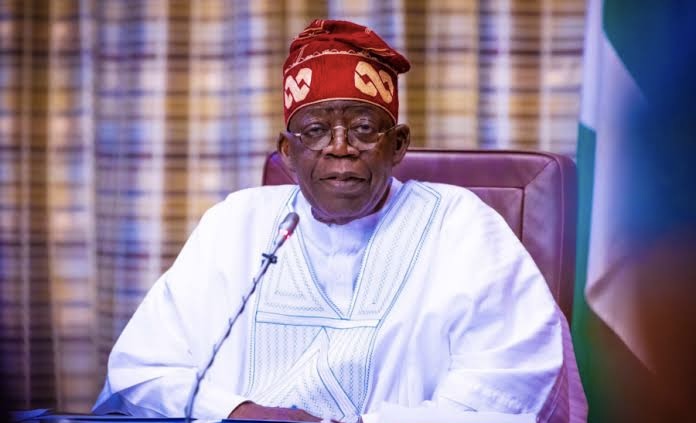Farmers face rice, beans, millet harvest loss as rain fails to fall

Nigerian farmers have decried water scarcity that has hit rice, beans and millet farms across the North.
In an interview, Idris Musa Sarkin Noman Abakwa, Kaduna, said he was afraid that local farmers might lose their crops due to lack of rainfall in the past three weeks.
As the rainy season stopped, many local farmers feared crops yet to mature might be lost without adequate water, Mr Abakwa.
According to him, floods and other ecological challenges have affected this year’s bumper harvest, causing scarcity of crops and food items in the markets.
A two-week survey conducted by a team of volunteer environmental journalists from various media outlets across the 19 northern states showed how many local farmers farming along the Riverbanks were forced to use irrigation to save their crops.
Mr Abakwa explained that most of the crops on his farmland had started drying up gradually, which was a sign of a huge loss for him.
According to him, beans, rice, millet, and sorghum farmers battle to salvage their crops. Some of them were forced to hire generators to pump water from waterways or rivers to their farms.
He further explained that most farmers across the North practised subsistence farming, few practised mechanised farming.
Mr Abakwa added that many farmers did not start planting their crops on time due to the nature of this year’s rainy season.
He mentioned the need to educate more farmers on averting the damage to their crops and other harvests.
The farmer called on state and federal governments to embark on sensitisation of farmers on the latest farming techniques to join the world in the fight against hunger and inadequate food in the market.
Piman Hoffman, the director, African climate reporters, cited climate change as posing numerous threats to animal farming operations.
According to him, climate change can disrupt food availability, reduce access to food, and affect food quality.
He also called on governments to redouble their efforts towards sensitising rural farmers about climate change and adapting to new farming systems.
(NAN)
We have recently deactivated our website's comment provider in favour of other channels of distribution and commentary. We encourage you to join the conversation on our stories via our Facebook, Twitter and other social media pages.
More from Peoples Gazette

Politics
Katsina youths pledge to deliver over 2 million votes to Atiku
“Katsina State is Atiku’s political base because it is his second home.”
![Nigerian Policewomen used to illustrate the story. CREDIT: Twitter]](https://gazettengr.com/wp-content/uploads/Nigerian-Policewomen.jpg)
Rights
Land Grab: Edo widow alleges conversion of her land to burial ground
A 60-year-old widow, Esther Aimhekagbon, has accused a man, Uzama Osaretin-Alexander, of converting her land into a burial ground.

NationWide
FRSC seeks NIS collaboration to reduce road crashes
FRSC advises NIS officers to abide by the traffic rules, stating that “being an officer does not pronounce professionalism behind the wheel.”

Abuja
Suleja Jailbreak: FG mulls building new prisons with modern security features
“This could have been avoided if the right information was disseminated at the appropriate time on the structure,” said the interior minister.

Agriculture
Lagos govt urges farmers to maximise opportunities in cassava value chain
The Commissioner for Agriculture, Abisola Olusanya, said this at the fifth AgriQuest Africa Network (AQAN) Forum programme in Lagos on Thursday.

NationWide
Nigeria positioned to power clean energy future of world: Tinubu
Mr Tinubu expressed his firm commitment to improve the developmental partnership between the European Union and Nigeria.

Africa
Benin, Liberia, Sierra Leone roll out malaria vaccines
With the announcement on World Malaria Day, the number of African countries incorporating the vaccines into their childhood immunisation programmes increased to eight.








